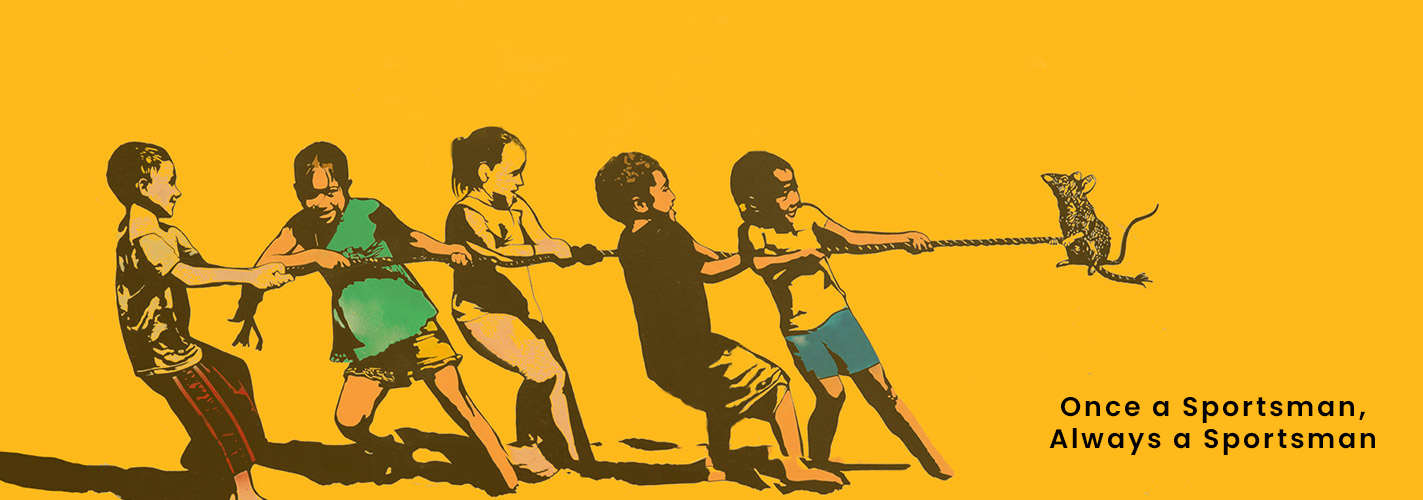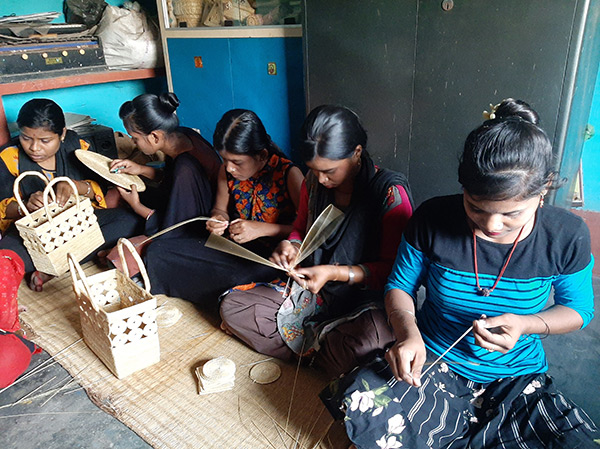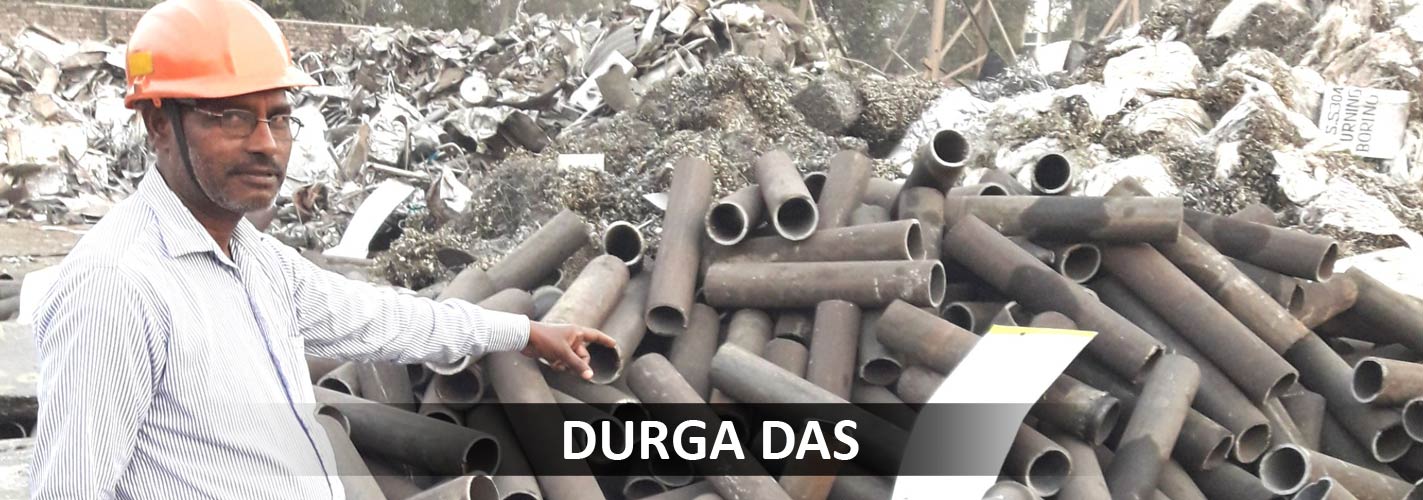Once A Sportsman, Always A Sportsman
February 26, 2019

Soon after I graduated, I realized that the relevance of my engineering degree was ephemeral. Thriving in every corner of every big company in this country was a sea of other equally talented engineers, and the only way to excel was to differentiate my work from theirs. Determined for success, I streamlined all my energies into working towards my goals and took on every challenge that came my way. Somewhere down the line, I realized that it was the sportsman in me that made me constantly push myself and strive for the best. I do the exact same thing in the corporate world as I do when I play my favorite sport, Football – I keep my feet ready to tackle any obstacle that comes in my path while steadily maintaining my eyes on the goal.
The culture and shared values of sports are common across all countries. So much so, that I see sports as an extension of lifestyle, language and learning. Sportsmanship is regarded as a highly coveted professional and cultural asset, especially in countries such as Japan. The country chooses to invest in inculcating sports as a daily habit, as they believe that engaging in sports releases mental pressure. This is the reason why companies like Panasonic have their own sports teams where employees are trained as professional athletes.
I have tried my hand at, and enjoyed every sport – from Squash, Table Tennis, and Badminton to Football, Cricket, Billiards, and Yoga. I was even a state level TT player in college. I optimised my day by hitting the gym or practicing yoga in the morning and playing Squash, Badminton or TT in the Hisar Club House in the evening after work. People found this routine surprising but I love being involved with some sporting activity or another. Sports have given me uncountable life lessons which I keep applying to my work.
Sports have taught me that there is no fun when there are no challenges. If there’s no challenge, I actively seek to create them for me and my team. One can only attain true growth and the correct kind of recognition when one pursues new things by pushing the boundaries.
I have also learnt that there is a difference between Intelligence and hard work. Intelligence might urge you to find short-cuts, but in the end, only hard-work pays off. When faced with any dilemma, my go-to strategy is simple. It involves analyzing the situation, evaluating options and thinking positive, just like I would do on the cricket field back in school.
Sports-based interactions foster a sense of localized unity as well as energy, as the team members learn to celebrate shared victories support each other through shared failures. The only way you can make sound and rational decisions in the corporate world is by empathizing, or seeing yourself in another person’s shoes.
In football, you cannot ask the defender to goal-keep, or ask the quarter-back to suddenly become a mid-fielder. A person cannot excel at a game or position if their natural flair does not align with it. Aligning the strengths of individual members to the requirements of the team is quintessential for success, professionally and on the sports field.
The most valuable lesson I’ve learnt from sports is that we play to win, and not to make the opposing team lose. Our competitive spirit should not get the better of us. Winning and losing are a part of the game, but the ability to recognize and accept mistakes in others and ourselves is critical to fostering healthy business relations.





